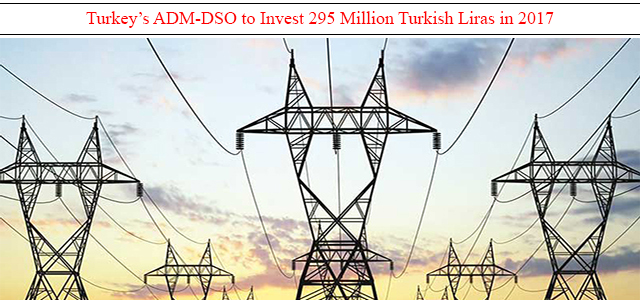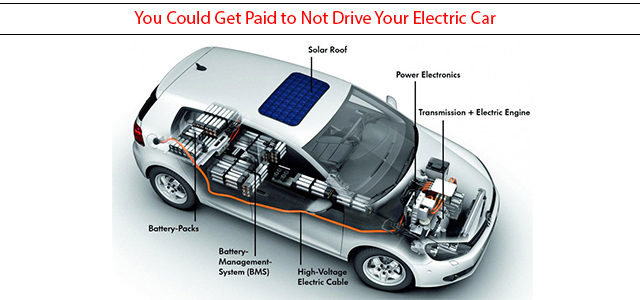Article
Investment Coordination in Network Industries:
The case of Electricity Grid and Electricity Generation
Felix Höffler - Achim Wambachy
Liberalization of network industries frequently separates the network from the other parts of the industry. This is important in particular for the electricity industry where private Örms invest into generation facilities, while network investments usually are controlled by regulators. We discuss two regulatory regimes. First, the regulator can only decide on the network extension. Second, she can additionally use a "capacity market" with payments contingent on private generation investment.




